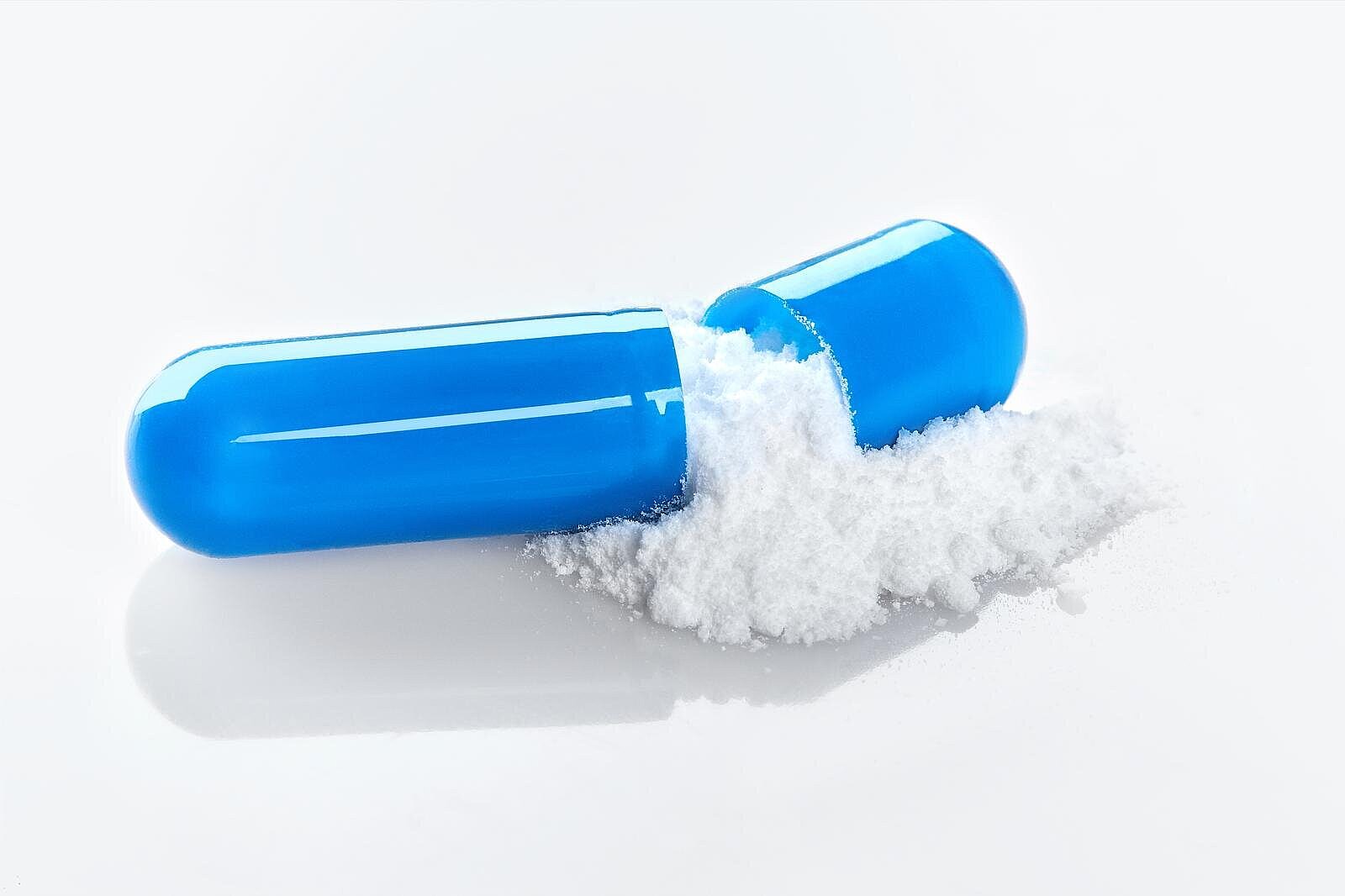Sodium hydrogen sulfite

What is sodium bisulfite?
Sodium bisulfite is a chemical compound used as a preservative and antioxidant in various foods and beverages, as well as in photography and various industrial processes. It works by scavenging oxygen and preventing food from oxidizing and spoiling. Despite its usefulness in these areas, the safety and tolerability of this substance in dogs is an important aspect to consider.
Properties and applications
Sodium bisulfite is known for its strong antioxidant and antimicrobial properties. It is not only used in the food industry to maintain the freshness of products, but also in the textile and paper industry as well as in water treatment. The versatility of NaHSO3 makes it an important ingredient in many processes, however the question of its safety when used near or for dogs is of particular interest.
Benefits of sodium bisulfite for dogs
At first glance, sodium bisulfite does not appear to have any direct benefits for dogs, especially as its main applications are in preservation and industry. However, it could be argued that indirect benefits exist when it comes to preserving dog food by extending its shelf life and reducing the need for frequent shopping.
Disadvantages and risks
Toxic potential
The potential toxicity of sodium bisulfite cannot be overlooked. In dogs, consumption of substances containing NaHSO3 can lead to various health problems, including allergic reactions, gastrointestinal upset and, in the worst cases, sulfite sensitivity, which can have serious health implications.
Lack of research
Similar to other chemical compounds, specific research on the effects of sodium bisulfite on dogs is limited. Without comprehensive studies and findings, it is difficult to make definitive statements about the safety of this substance for dogs. This lack of information leads to increased caution when using products containing NaHSO3 around pets.
While sodium bisulfite plays an important role in many areas of industry and food preservation, the direct benefits to dogs are minimal and the potential downsides are severe. Dog owners should be aware of the potential risks associated with exposing their pets to this chemical. It is advisable to keep products containing NaHSO3 away from dogs and seek alternative, safer preservation methods for dog food and other relevant products. The health and well-being of our four-legged friends should always come first, and this requires careful consideration of the chemicals used in their environment.
If you notice any signs of hypersensitivity or poisoning in your dog, you should see your vet immediately. We are not a substitute for a vet, but we try to be as accurate as possible. Every dog reacts differently and we recommend you get a second opinion or consult your vet if in doubt.
Stay healthy and take good care of your four-legged friend!😊
Similar to Sodium hydrogen sulfite
Sodium disulphite is mainly used as a preservative and antioxidant. It prevents the growth of microorganisms and the loss of color and flavor through oxidation. It is used in dried fruit,...
Sodium sulphite is the sodium salt of sulphurous acid. It is formed, for example, when sulphur dioxide is introduced into caustic soda or by neutralizing caustic soda with sulphurous acid. It can...
Potassium disulphite is also known as potassium metabisulphite, potassium pyrosulphite or E 224. It is a sulphite, which consists of sulphur and oxygen. Potassium disulphite is a white solid with a...
Potassium sulphite (K2SO3) is a salt of sulphurous acid and is often used as a preservative in the food industry. Its main task is to prevent oxidation and thus extend the shelf life of food. In the...



